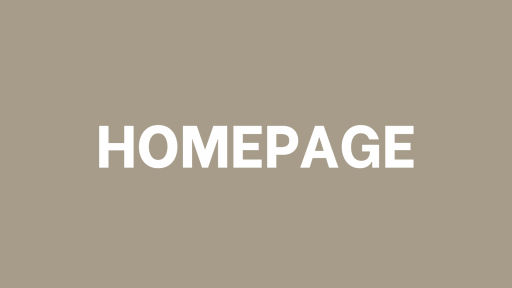In this issue, as in any of the previous ones, there is no restrictive theme. The only limitation of our proposal is that it deals with theatre, theoretical or practical, rooted in the Greco-Latin tradition.
Going back to analyse old texts will always mean looking for something new in the tradition. For if the corpus available is largely the same, the reading that each historical moment makes of it is new. The times in which we live have not spared us wars, political instability, the degradation of nature and economic inequality. None of these experiences is new. The contexts change, so do the agents of the events, but what underlies them - the very question of agency and human relationships - is perennial. That's why the Classics always have that characteristic that we all have: the quid humanum never alienum.
On the other hand, based on the ancient texts, many others have reinterpreted, rewritten and reformulated the theatrical repertoire bequeathed by Antiquity. These revisits deserve constant attention, because they are not exhausted either; they are in a constant process of renewal and demand our hermeneutic commitment. At this moment, someone will be putting an end to another Antigone, Medea or Penelope. Or someone will be criticising the use that has been made of a supposed 'classical heritage' linked to the history of the so-called Western countries - a history marked by barbarities that are not exempt from relations with the 'Classics'. CLASTEA provides space for all academic perspectives on theatre, whether theoretical or practical, Greco-Latin or with Greco-Latin roots, from any historical or contemporary period, in order to promote a broad debate on its contributions, its uses and abuses, its characteristics and its various versions and subversions.
With this in mind, we would like to welcome anyone who would like to join us in this new stage in the already long life of CLASTEA.
Send us your proposals by
- title and a brief summary of up to 300 words -
March 31, 2024
(congress languages: Portuguese, Spanish, French, Italian, English).
Suggested topics:
1. Greek tragedy and comedy
2. Latin tragedy and comedy
3. Afro-Greek-Latin theatre
4. Contemporary reception of Greek-Latin theatre
5. Historical reception of Greek-Latin theatre
6. Criticism of classical theatre
Luisa Buarque
luisabuarquedeholanda@gmail.com
•
Maria de Fátima Silva
fanp13@gmail.com
•
Susana Marques Pereira
smp@fl.uc.pt
•
Admar Costa
costaadmar@gmail.com
•
Felipe Gall
felipegall@outlook.com
If you would like to propose dramatic readings, performances or short musical auditions that don't require equipment, please send us your proposals.
• • •
Scientific Committee
Aldo Pricco
(Univ. Rosario, Argentina)
•
Carlos Morais
(Univ. Aveiro, Portugal)
•
Rui Tavares de Faria
(Univ. Açores/ CECH, Portugal)
Andrés Pociña Pérez
(Univ. Granada, Espanha)
•
Maria Fernanda Brasete
(Univ. Aveiro, Portugal)
•
Rómulo Pianacci
(Univ. Mar del Plata, Argentina)
Aurora López
(Univ. Granada, Espanha)
•
Maria Teresa Amado Rodríguez
(Univ. Santiago de Compostela, Espanha)
•
Stéphanie Urdician
(Univ. Blaise Pascal, Clermont-Ferrand, França)








